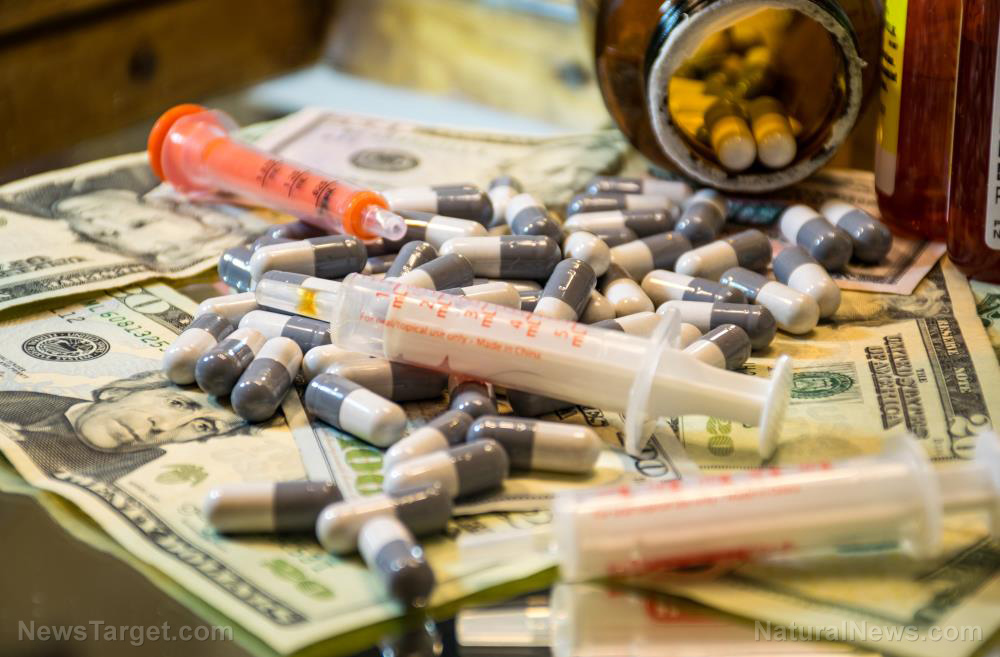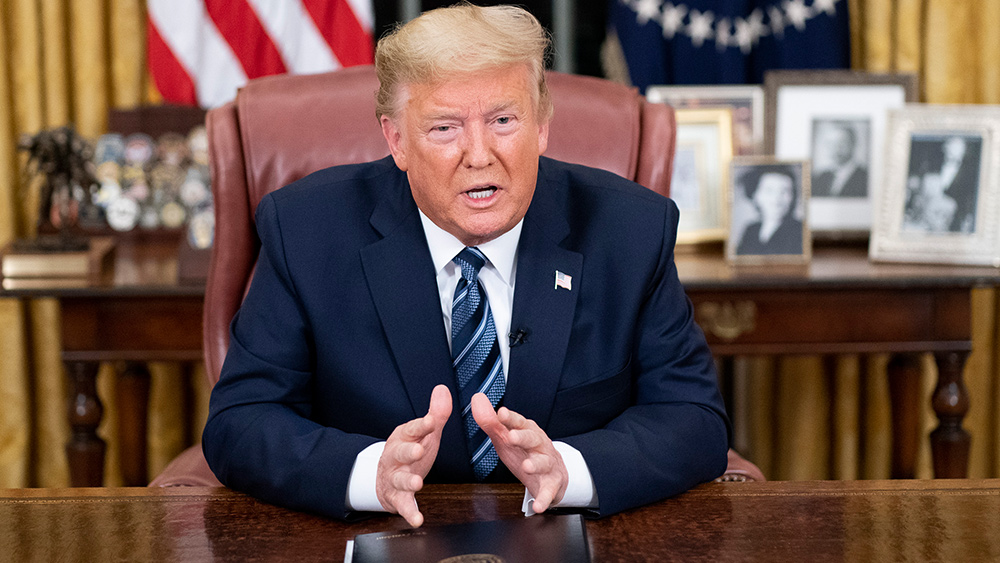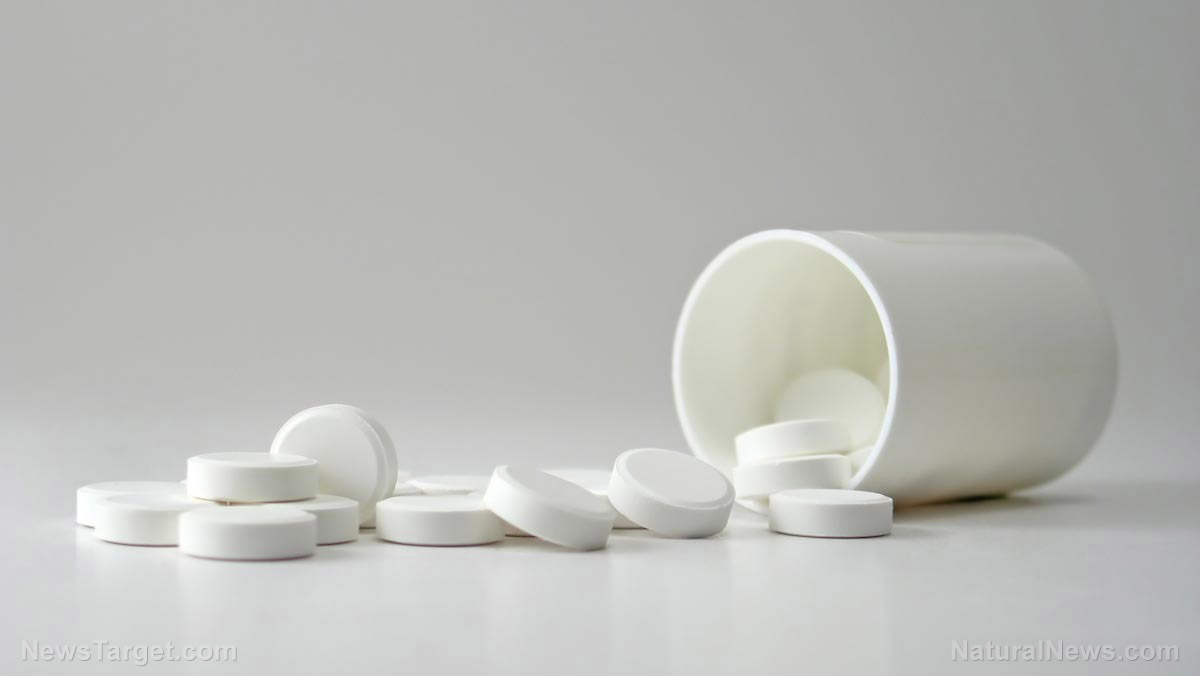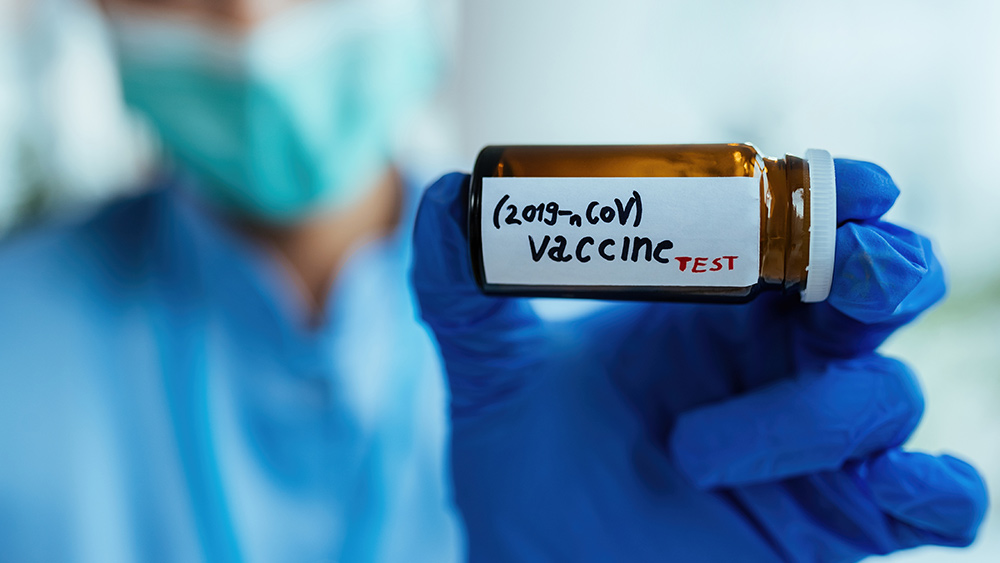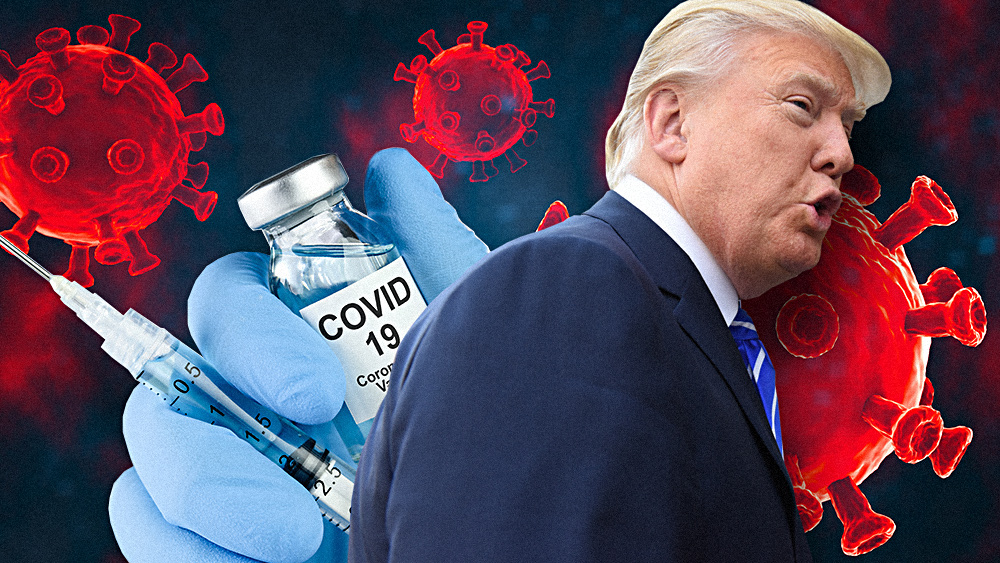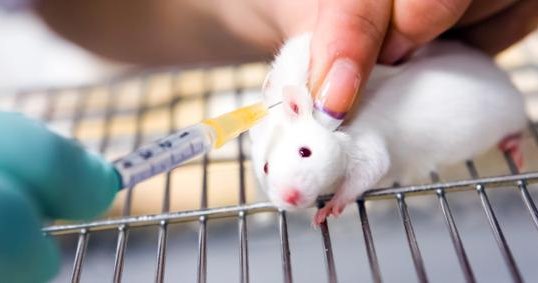VAX PANIC: US plans to ship first approved coronavirus vaccine a day after FDA gives the green light
10/01/2020 / By Ramon Tomey

Federal health officials said Sept. 16 that the U.S. government is planning to ship out any coronavirus vaccines within 24 hours after approval by regulators. The rapid shipment of any approved vaccine after authorization from the Food and Drug Administration (FDA) was included in a playbook that authorities released on the same day.
Vaccine makers in the U.S. have already started manufacturing doses in bulk for immediate shipment, should these prove safe during tests and the FDA authorizes their use. As of writing, the vaccine candidates from Moderna, Pfizer and AstraZeneca are currently in Phase 3 testing — the final stage before regulatory approval and distribution.
Regardless of which vaccine is authorized, a limited number of initial doses will be available by the end of October, with more doses to follow by yearend.
Meanwhile, the federal government has asked states to prepare to administer the approved vaccines by Nov. 1. The playbook released by federal health officials indicated three possible scenarios states should prepare for: The vaccine from Moderna gets approved, the FDA authorizes the vaccine from Pfizer, or both get the thumbs-up at the same time.
State and local governments are still required to create plans on how they will receive and distribute coronavirus vaccines and submit these to the federal government within 30 days.
Proposed coronavirus vaccine database can track who got the COVID-19 jab
Lt. Gen. Paul Ostrowski, who handles logistics for the Trump administration’s Operation Warp Speed program, said the administration wanted to track people vaccinated against COVID-19 using a database it was setting up. The database would help officials ensure that everyone gets immunized – and get two shots of the vaccine if needed, even though the doses are administered in two different locations.
Coronavirus vaccines from Moderna and Pfizer require two doses, and a vaccine that must be administered twice may not protect a person injected with only one dose.
Ostrowski added that with the database in place, health officials could make sure that a person who got the first coronavirus shot at a public health clinic in Pennsylvania could get the second shot at a Florida pharmacy after a few weeks while vacationing.
Health officials also mentioned that providers would be reimbursed for any expense, including those for administering the vaccines. Meanwhile, Americans will receive the vaccine free of charge, as the Trump administration said in June.
It’s not entirely smooth sailing even though a vaccine is approved and distributed
However, some parties have reservations about the plans to roll out vaccines – among them Premier Inc. senior director of advocacy Soumi Saha. Premier Inc. is one of the largest group purchasers for U.S. hospitals and health providers.
According to Saha, the government’s plan leaves out “critical details … necessary to implement a mass vaccination campaign of this nature successfully”—including how the proposed database to track COVID-19 vaccinations will work.
She also expressed concern that these gaps in the government’s coronavirus vaccine rollout plan will cause problems to the supply chain and confuse people who want to be vaccinated.
Aside from the issues that Saha pointed out, a significant number of people are hesitant to receive coronavirus vaccines over safety concerns. Vaccine trials by AstraZeneca hit a roadblock in September when two of its Phase 3 test subjects developed transverse myelitis after receiving the drug maker’s experimental coronavirus vaccine. AstraZeneca has denied that the conditions were caused by the COVID-19 vaccine it was developing.
While a vaccine is still being tested, the Centers for Disease Control and Prevention (CDC) has recommended wearing a face mask as a “more guaranteed” protection against the coronavirus. CDC director Dr. Robert Redfield told lawmakers during a Sept. 16 Senate hearing that a mask will still provide protection in case the vaccine fails to generate an immune response.
Based on data collated by the Johns Hopkins University, the U.S. currently has the highest coronavirus caseload with more than 6.9 million cases. A total of 201,930 deaths and 2.6 million recoveries were recorded as of writing.
Vaccines.news has more details about the development of a vaccine as a response to the ongoing coronavirus pandemic.
Sources include:
Tagged Under: AstraZeneca, coronavirus, Coronavirus pandemic, coronavirus vaccine, covid-19, covid-19 pandemic, COVID-19 vaccine, immunization, infections, Moderna, Operation Warp Speed, outbreak, pandemic, Pfizer, SARS-Cov2, vaccination, vaccination database, vaccine wars, vaccines, Wuhan coronavirus
RECENT NEWS & ARTICLES
COPYRIGHT © 2017 FDA NEWS


